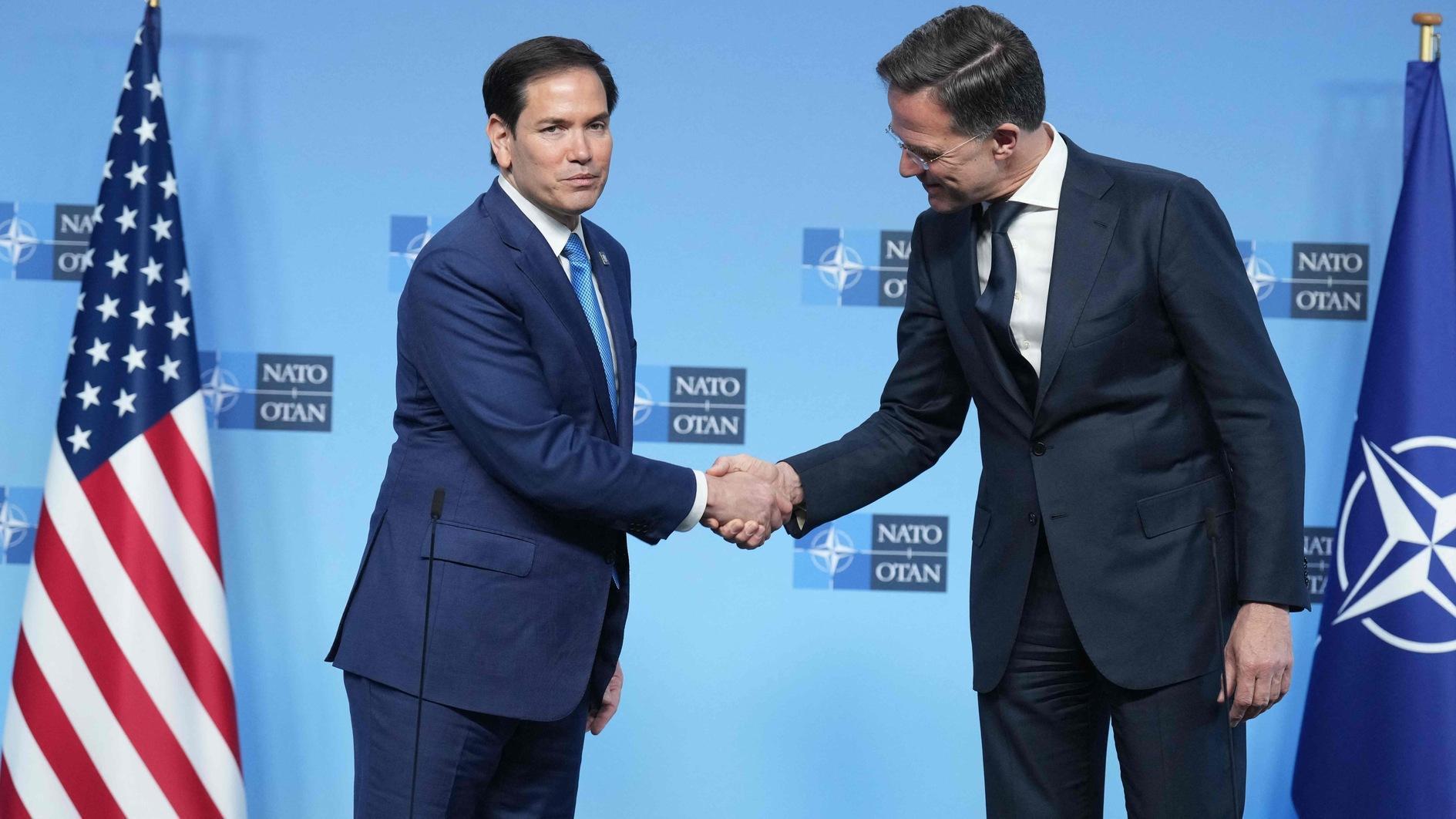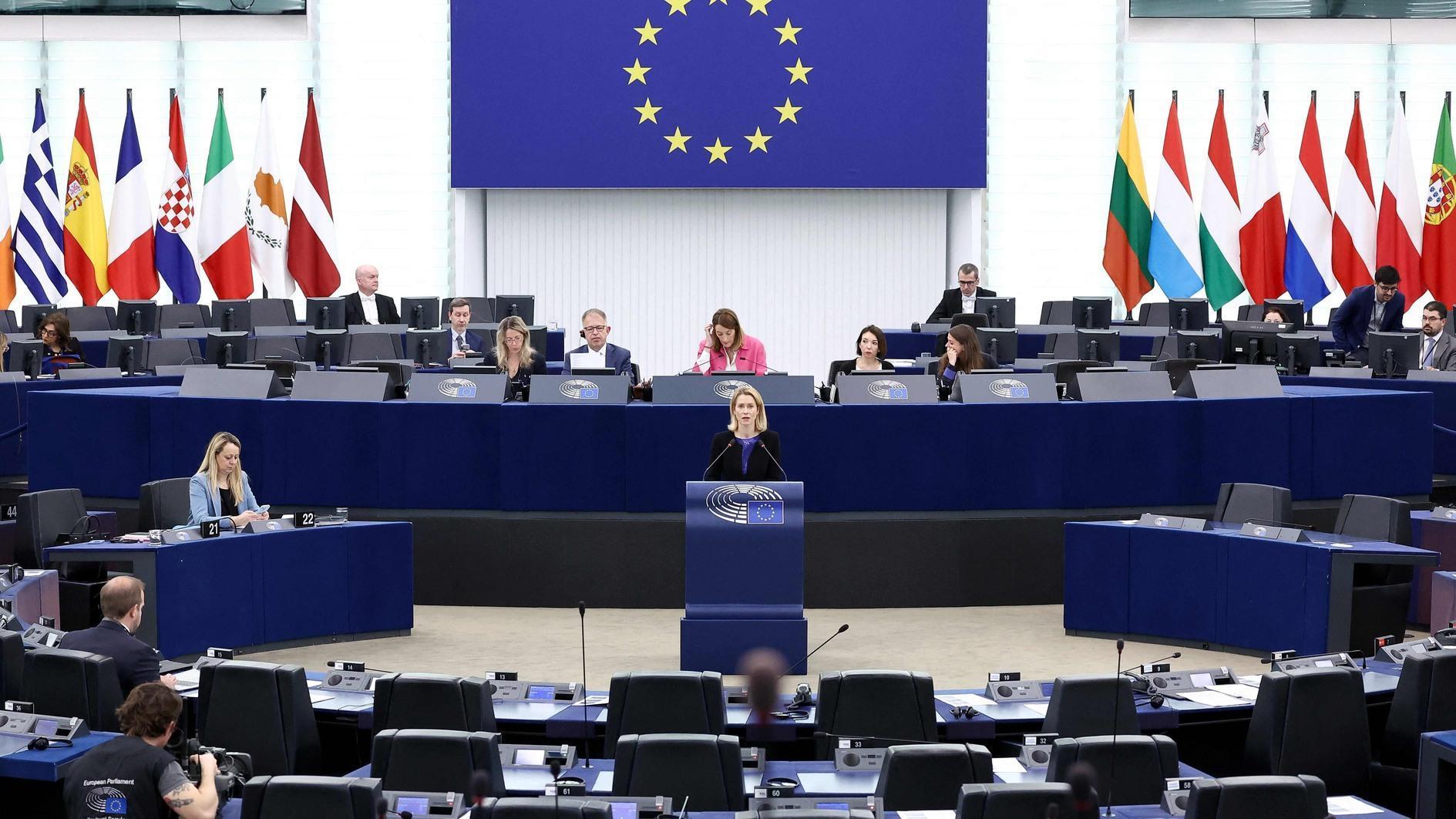Turkey, Russia in another critical meeting on Syria
Turkish President Recep Tayyip Erdoğan and Russian President Vladimir Putin are perhaps the world leaders that meet the most in their more than 18-year-old cooperation. This interaction has two dimensions: One reflects bilateral trade, economic and energy cooperation, which has grown and diversified over the past 20 years, and the other covers regional tensions between the two countries that sometimes lead to cooperation and sometimes to competition.
As a result, this concentration in ties forces the parties to remain in dialogue even in the toughest rivalries and creates an equation that is difficult to define. Plus, this close engagement with Russia, which also led to the purchase of S-400 missiles, adds extra costs to Turkey, which has obligations within NATO.
These two leaders are going to hold another important face-to-face meeting today in Russia’s Black Sea resort of Sochi to review the state of affairs in the field in line with the March 2020 deal. As a matter of fact, the situation in Idlib is not that pleasant for Turkey.
The aerial attacks by Russian and Syrian air forces have increased in the past two months with the intense deployment of the Syrian land forces in the southern skirts of the province. There are those who are concerned about a massive fresh incursion by the Syrian army, which would cause a humanitarian tragedy and refugee influx.
Plus, an attack by a mysterious radical terror group has recently killed three Turkish soldiers, sending alerts that more can come in the coming period.
The positions are opposite but clear: As Russian President Putin told two weeks ago, the presence of the foreign armed forces –Turkish and American troops- is seen by Moscow and Damascus as the biggest obstacle before the stabilization of Syria. Idlib is the last stronghold of the opposition groups, and the takeover of this province by Damascus will practically end the civil war, Moscow believes. It also tries to push Turkey to engage with Syria for the resolution of the problem.
It’s believed that all these operations and escalation are just messages that the worst can happen if Turkey continues its presence and hesitates to take action against the radical armed groups.
Turkey is unwilling to abandon Idlib before Syrian leadership, and the opposition agrees on the country’s new constitution. Plus, Turkey’s withdrawal may lead to a new humanitarian tragedy as the Syrian army’s operations will not separate innocent people from terror groups, leading to a new refugee influx. Turkey says the continuation of the ceasefire and de-escalation is a must for regional peace and stability and that Russia should play a responsible role to this end.
Erdoğan is going to Sochi after his trip to New York, where he slammed the United States for its support to the YPG in northeastern Syria. He also said Turkey could buy the second batch of the S-400s and hailed his good working relationship with Putin.
[The reports that Erdoğan and U.S. President Joe Biden will meet late October on the sidelines of the G20 Summit show that Ankara and Washington continue to remain engaged at the highest level to discuss all these pending issues between the two allies.]
However, it will be unclear how Erdoğan’s soft tone towards Putin will be resonated in today’s talks in Sochi. Moscow sounds to be committed to finding a decisive solution to the stalemate and convincing Turkey that it is the only way. We will see if Erdoğan and Putin can come up with a formula this time, too.











